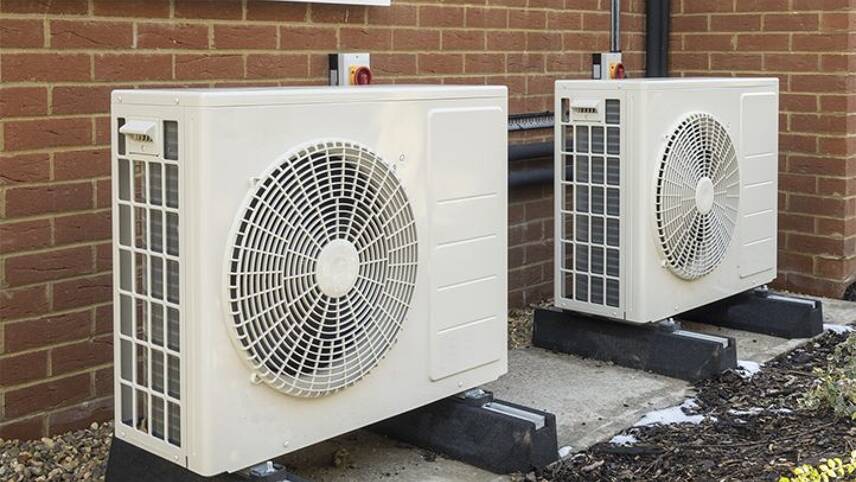Register for free and continue reading
Join our growing army of changemakers and get unlimited access to our premium content

Businesses
On Monday afternoon (29 November), the Department for Business, Energy and Industrial Strategy (BEIS) confirmed that it is proposing a 12-month extension to the non-domestic RHI’s application deadline. This would move the date from 31 March 2022 to 31 March 2023.
Also set to be extended are the second and third allocations of the scheme’s tariff guarantee. This measure allows organisations to secure a fixed tariff before their installation is commissioned and accredited.
Notably, biomethane technologies would be excluded from the proposed extension.
BEIS has stated that the proposed extension, which will be under consultation until 20 December, has been put forward in recognition of the Covid-19-related delays faced by organisations wishing to install low-carbon heating projects. Back in spring, the Department had stated that it hoped to avoid extensions.
“We recognise the difficulty some projects have continued to face in meeting their commissioning deadlines, due to a range of factors including the pandemic,” BEIS said in a statement. “We want to ensure projects that otherwise would have been able to commission by 31 March 2022 are not prevented from doing so due to extenuating factors.”
The Association for Renewable Energy and Clean Technology (REA) has welcomed the announcement.
The Association’s head of heat and lead for green gas, Kiara Zennaro, said: “For some time, the REA has been concerned that important developments could miss out due to the impacts of the pandemic, so this extension of the Non-Domestic RHI commissioning deadlines will provide welcome support for projects that are facing delays.
“On behalf of our members, the REA has been in close contact with BEIS on this issue and we are grateful to the Government for making this decision.
“We hope that this will now be expanded to biomethane projects delayed by Covid-19 which do not meet eligibility under the Green Gas Support Scheme (GGSS).”
Policy shift
Heat for buildings accounts for around 40% of the UK’s annual national emissions, making low-carbon heat a key challenge on the transition to net-zero.
Last month, BEIS published the highly anticipated Heat and Buildings Strategy after delays of around one year.
The Strategy features headline commitments to bring the upfront and operational cost of heat pumps for homes to price parity with gas boilers by 2030. This will lay the foundations for all new domestic home heating systems installed from 2035 to be fossil-fuel-free.
However, less was confirmed on heating for non-domestic buildings across the public and private sectors than on heating homes. Decisions on hydrogen and carbon capture and storage (CCS) are also deferred in the Strategy.
Sarah George


Please login or Register to leave a comment.